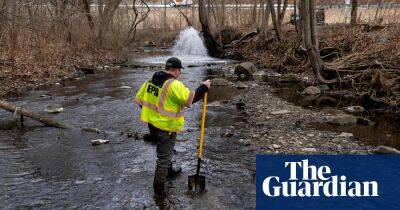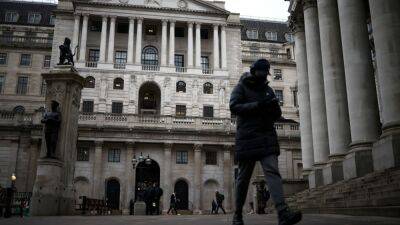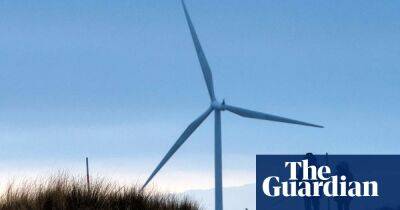From retail to transport: how AI is changing every corner of the economy
T he high profile race to enhance their search products has underscored the importance of artificial intelligence to Google and Microsoft – and the rest of the economy, too. Two of the world’s largest tech companies announced plans for AI-enhanced search this month, ratcheting up a tussle for supremacy in the artificial intelligence space. However, the debut of Google’s new chatbot, Bard, was scuppered when an error appeared, knocking $163bn (£137bn) off the parent company Alphabet’s share price. The stock’s plunge showed how crucial investors think AI could be to Google’s future.
However, the increasing prominence of AI has implications for every corner of the economy. From retail to transport, here’s how AI promises to usher in a wave of change across industries.
Monitoring weather patterns, managing pests and disease, working out the need for extra irrigation, or even which crops to grow where: many farmers believe agriculture is fertile ground for artificial intelligence.
Many food producers are using AI to collect and analyse data in their efforts to improve productivity and profitability.
AI’s capacity for combining and analysing large datasets is already supplying farmers with real-time information on how to improve the health of their crops and increase yields. Drones and in-ground sensors can play a role in observing growing crops and soil conditions across hundreds of acres of land, including checking whether they need more water, fertiliser or herbicide and whether they are being affected by disease or destroyed by animals.
Ali Capper, who grows apples and hops at her family farm on the border of Herefordshire and Worcestershire, has invested in new technology, including automated orchard sprayers, to use
Read more on theguardian.com






